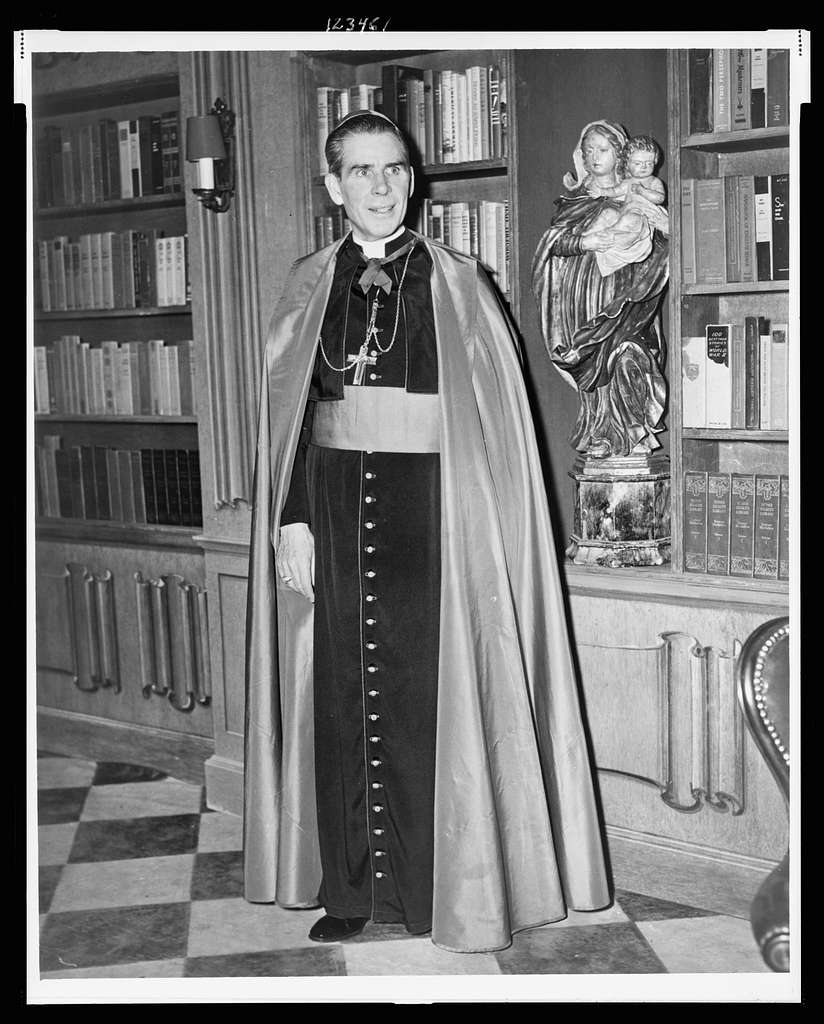When the media covers the Church, it is often about her teachings on controversies like abortion, marriage, chastity, and the ministerial priesthood. The first three topics are about morality. The Church’s preaching and pronouncements about the crime of abortion are rooted in the Fifth Commandment, and those about the indissolubility of marriage and the vocation to chastity are in the Sixth Commandment.
For as long as I can remember, the most popular Catholics have been associated with morality. Starting with Bishop Fulton Sheen in the first half of the 20th Century, Mother Theresa in the second half, and now Pope Francis. Dorothy Day and the Catholic Worker Movement and Thomas Merton (perhaps less so but nonetheless relevant to the point) also come to mind.



They are all associated with morality. That doesn’t mean they identified themselves as moralists; it means that the public placed them in that category.
Bishop Sheen, for example, often spoke about personal conduct and behavior. The others spoke about themes that are subjects of Catholic social teaching.
If you surveyed the public about the great champions of the other pillars of the Catholic faith—the Creed, the sacraments, and prayer—I think the respondents would be stumped. How many would say St. Augustine, St. Paul, and St. Thérèse of the Child Jesus?
So, of all the Church’s teachings about faith and morals, our society is more interested in morals than faith. So there’s an opportunity and an opening to share that part of Catholic doctrine with the world.
The news reports I’ve read talk about the work of these famous Catholics but not about the Catholic doctrine from which their work flows. For example, one reads about how they call for solidarity, economic justice, fair wages, environmental justice, and the end of human trafficking. However, the reports say nothing about the prescriptions of the Fourth and Seventh Commandments.
Catholic morality is rootless without reference to God and the Commandments. The only way to achieve those goals, the Church emphasizes, is by conversion and the appeal to the grace of God.
Outside of invoking God to fix the situation, the reformers may fall into the error of calling on a man to remedy the situation. Worse, they may act like they and others are gods with the power to fix society. They step onto a slippery slope that has led to the frustrated cry, “We don’t want your thoughts and prayers!” Reformers can become as unjust as that which they seek to reform.
Passing on the faith regarding Catholic social teaching is both an opportunity and a challenge. There’s an eagerness to learn what the Church teaches. At the same time, there’s a tendency to seek cures for society’s ills without God. The Church can deal with both: she has profound social doctrine to pass on, and she can emphatically propose that there is no solution outside of the Gospel.







0 Comments